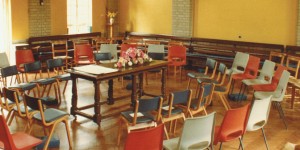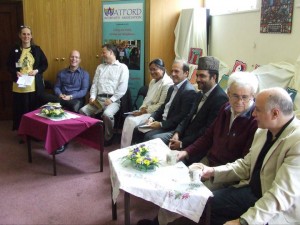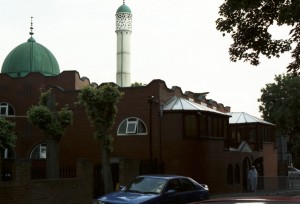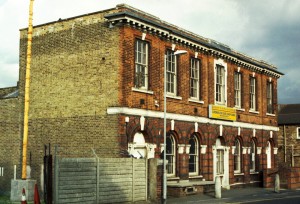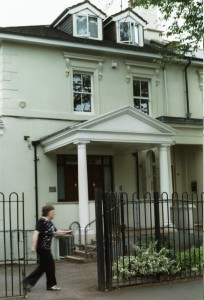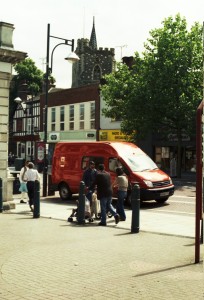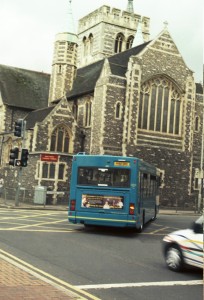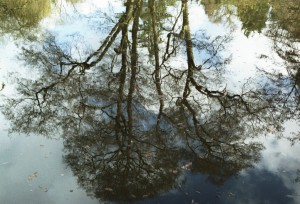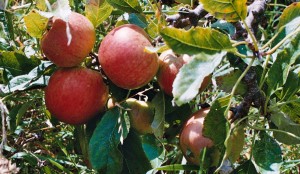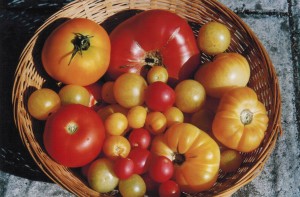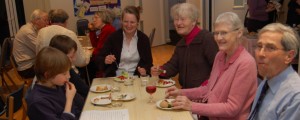The Kingdom of God – a phrase many Quakers are uncomfortable with, but one which I, somewhat to my surprise, find myself hearing and using increasingly. Some examples:
In a small group towards the end of my Equipping for Ministry residential week, when we had been sharing very deeply and supportively together, the avowedly non-theist in the group said as we finished: ‘We have just shared a taste of the Kingdom of God’.
‘The Kingdom of God is Here and Now.’ The first words I remember hearing from Thich Nhat Hanh on a retreat he led at the University of Nottingham in 2010. At that point I knew that this was a Buddhist group I could belong in.
‘And he said to them, “I tell you the truth, some who are standing here will not taste death before they see the kingdom of God come with power.” Mark 9:1.
Invited to share my hopes for the future at the conclusion of a weekend looking at our spiritual gifts, I say ‘to bring the Kingdom of God to Watford’. I’ve also found myself saying in ministry that ‘the Kingdom of God is here, now, but it doesn’t look much like it because most people don’t realise it’.
So what do I understand the ‘Kingdom of God’ to mean? There are some clues in my previous posts about God and Heaven. I would use ‘Heaven’ and ‘Kingdom of God’ interchangeably. ‘Kingdom of God’ suggests very strongly that God is in charge, that it’s a theocracy. It describes the way we aim to run Quaker meetings. Modern re-writes such as ‘Divine Republic’ just don’t quite work for me, though I do understand people’s discomfort with the connotations of ‘Kingdom’ – sexist, elitist, etc.
Another example: conversation at a breakfast meeting for Christian leaders in Watford ‘If you haven’t a leader, then who’s in charge, who makes the decisions?’. Pause for thought on my part, then I reply: ‘God’. Pause for thought by other party, then: ‘well, I suppose that’s what we think too’.
I think it is fair to say that my understanding of the Kingdom is a sense of something mystical, but I also feel that it could be ‘real’ – though to achieve it we have to change our lifestyles drastically, and, as an absolute minimum, ensure that everyone (everyone in the world, not everyone in Watford, or everyone in Britain) has enough to eat, adequate health care, access to education and so on. This means a lot of us having a lot less things, travel, holidays, cheap clothes, cheap, exotic food. Not an easy change to make.

